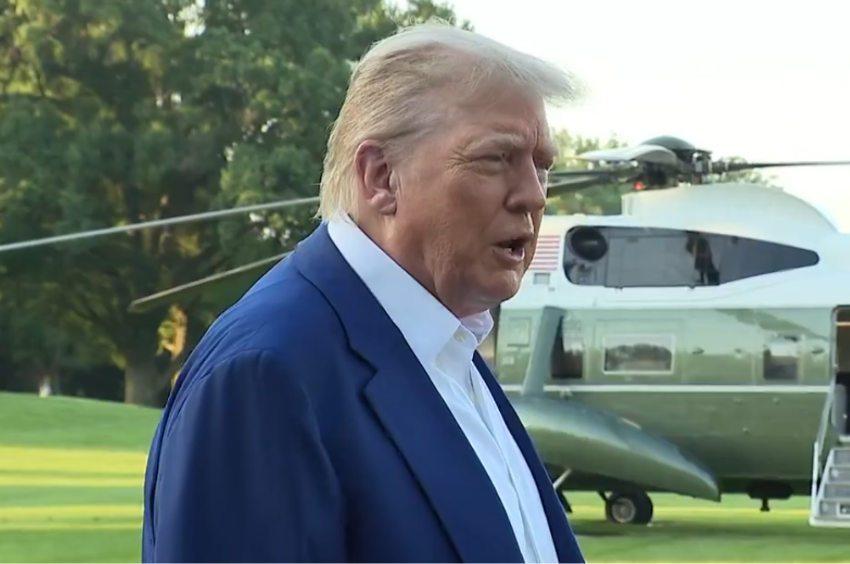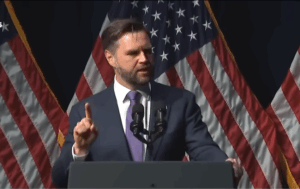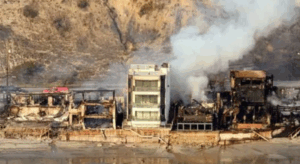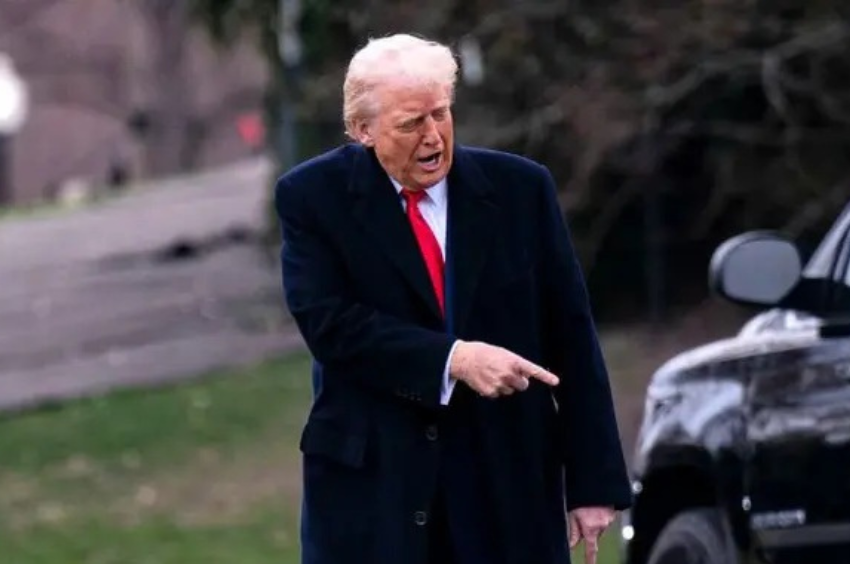President Donald Trump didn’t hold back this week, launching into a fiery rebuke of Israel during an unscheduled exchange with reporters on the South Lawn of the White House. The outburst followed fresh reports of Israeli military action despite a ceasefire deal that Trump himself had just announced between Israel and Iran.
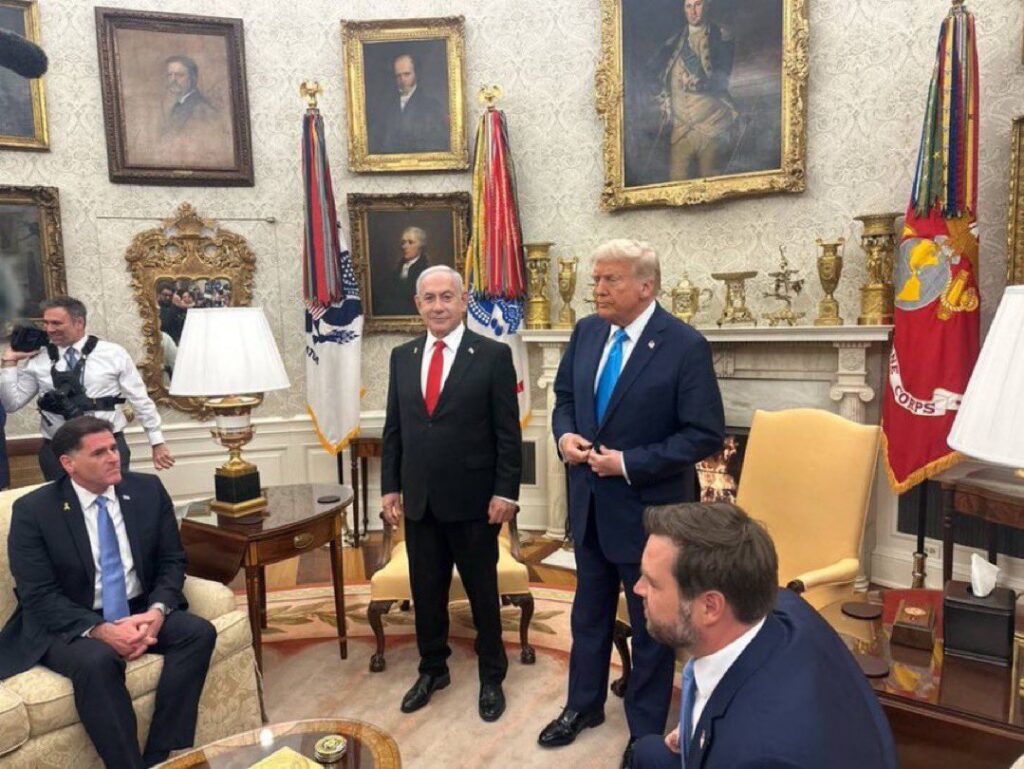
Clearly frustrated, President Trump snapped back at a barrage of questions, saying the two nations had been locked in conflict “so long and so hard, they don’t even know what the hell they’re doing anymore.” His tone turned explosive as he added, “Do you understand that?” before turning away and boarding Marine One.
What set Trump off wasn’t just the renewed violence—it was what he saw as blatant defiance of his peace efforts. He voiced his frustration repeatedly, saying, “I’m not pleased with Israel.” “If I say you’ve got 12 hours, that doesn’t mean bomb everything in the first 60 minutes.” He specifically criticized Israel’s response to a minor Iranian rocket, calling it “disproportionate,” and questioned whether the attack was even intentional.
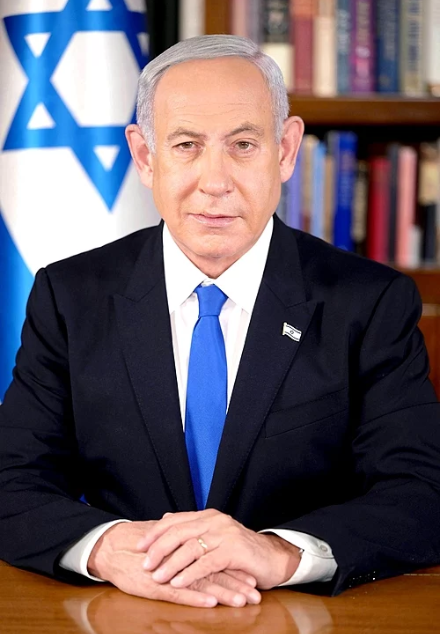
This forceful public criticism of America’s closest ally in the Middle East is rare from any president—but especially one known for standing by Israel. Trump’s choice of language was unusually blunt, even for a leader with a reputation for plain talk.
Foreign policy experts took note. Barbara Leaf, former Assistant Secretary of State for Near Eastern Affairs, called the exchange “unprecedented,” emphasizing that it’s almost unheard of for a sitting president to openly scold the Israeli government during an active conflict.
The moment underscores what insiders describe as a growing divide between Trump and Israeli Prime Minister Benjamin Netanyahu. Despite long being political allies, the two leaders appear to be clashing over Israel’s increasingly aggressive military actions—strikes that Trump believes are undermining diplomatic progress.
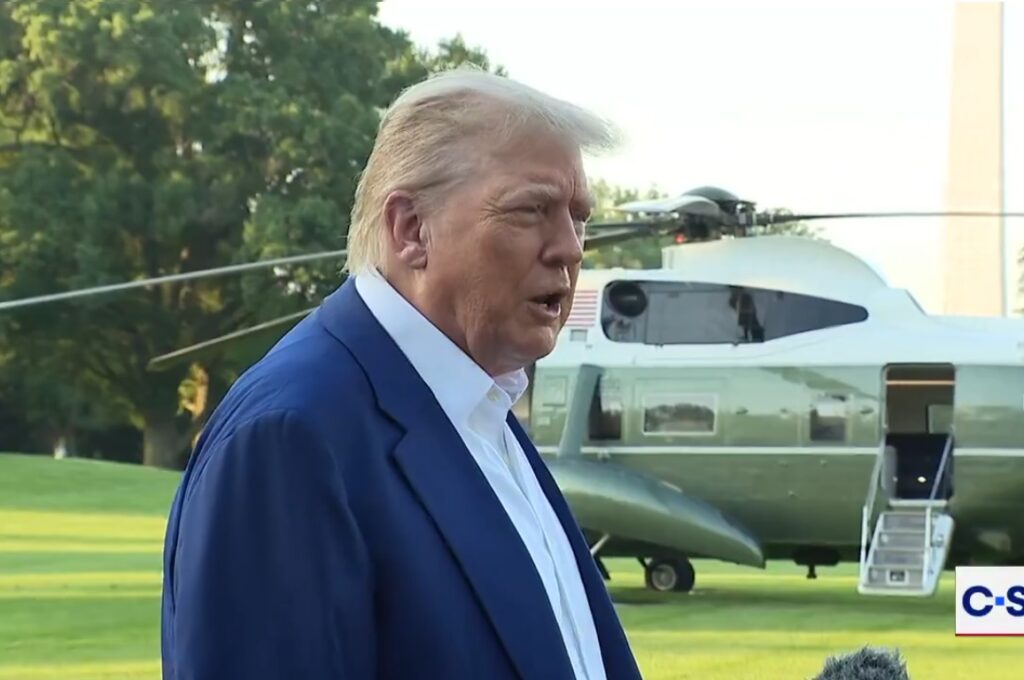
Public sentiment in the U.S. may be shifting as well. A Gallup poll released in March indicated American support for Israel had dropped to its lowest point in a quarter-century, in large part due to humanitarian concerns over the Gaza conflict. While Israel maintains that it is defending itself, the scale of the operations has triggered pushback even from longtime supporters.
In the aftermath of Trump’s remarks, Netanyahu issued a statement seeking to deescalate the tension. He claimed that the latest Israeli operation had targeted a radar site in retaliation for an Iranian breach. The message stood in sharp contrast to more aggressive earlier rhetoric from Defense Minister Israel Katz, who had called for major strikes deep inside Iranian territory.
Meanwhile, reports have emerged that U.S. intelligence was aware weeks earlier of Israel’s preparations for a potential attack on Iran. The Pentagon reportedly began mapping out contingency plans in the event Trump authorized support for Israeli action—a green light he never explicitly gave.
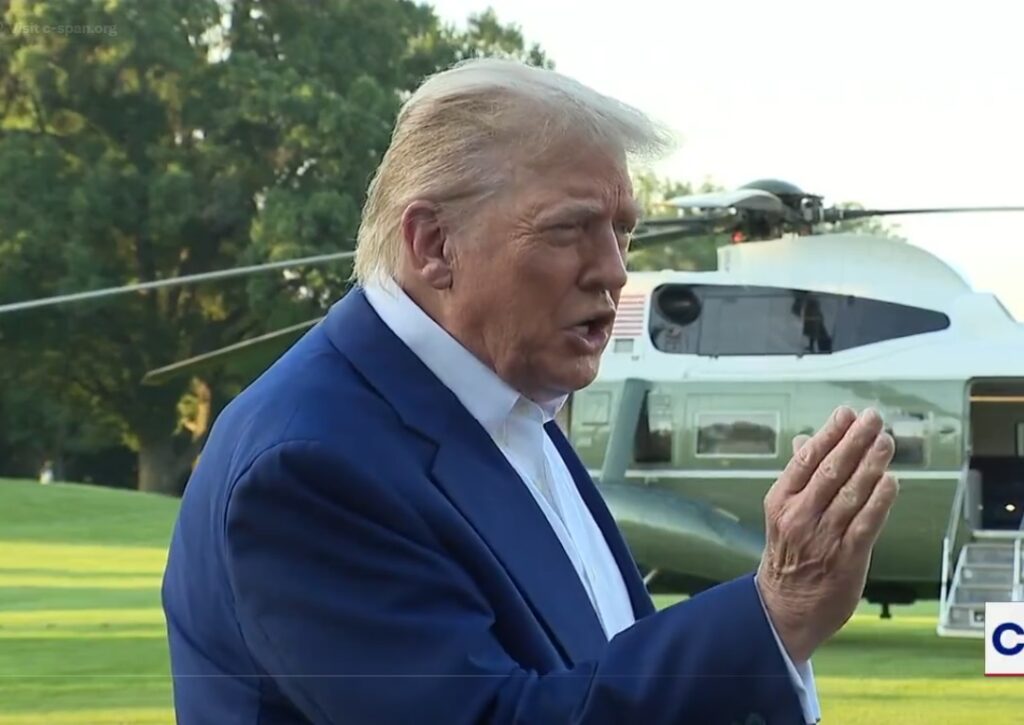
Tensions between the Trump administration and Israel have been building behind the scenes for months. Trump’s first major overseas trip in his current term didn’t include a stop in Israel. Instead, he sealed massive business and defense deals with Gulf states. Around the same time, U.S. officials quietly engaged Hamas in discussions about hostage releases—negotiations conducted without Israeli involvement, a historic break from past policy.
While the guns may be silent for now in what President Trump has dubbed the “12-day war,” questions remain about the durability of this truce—and the future of the U.S.-Israel alliance. As former diplomat Leaf put it, the conflict may be “paused,” but it is far from over. The same can be said for the tension now simmering between Washington and Jerusalem.

